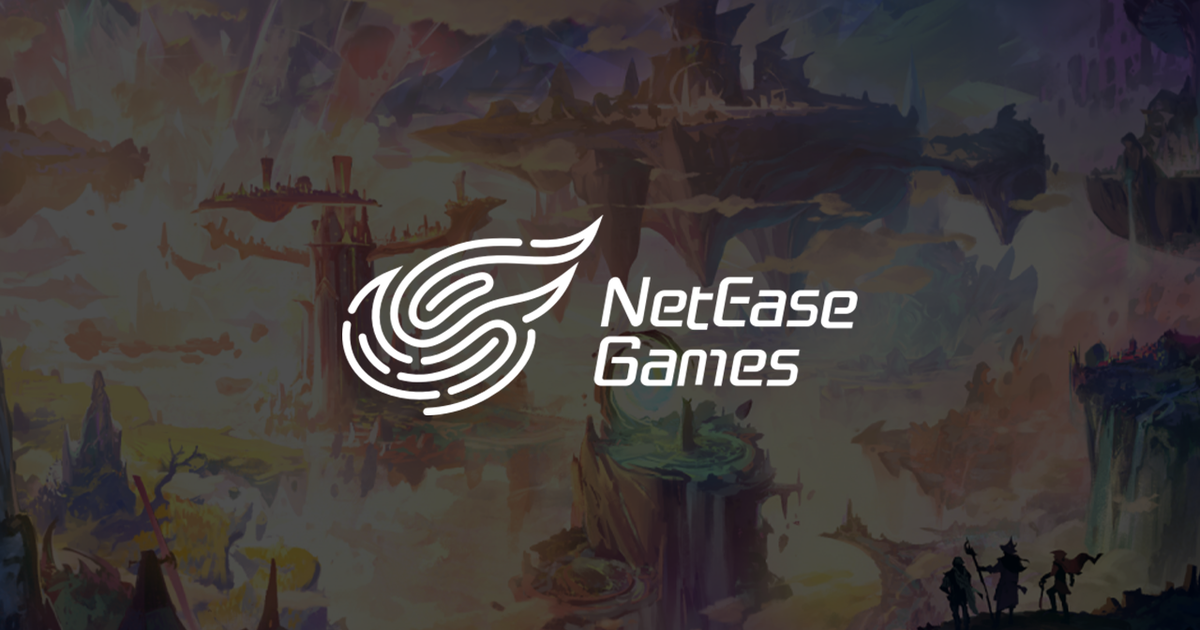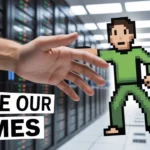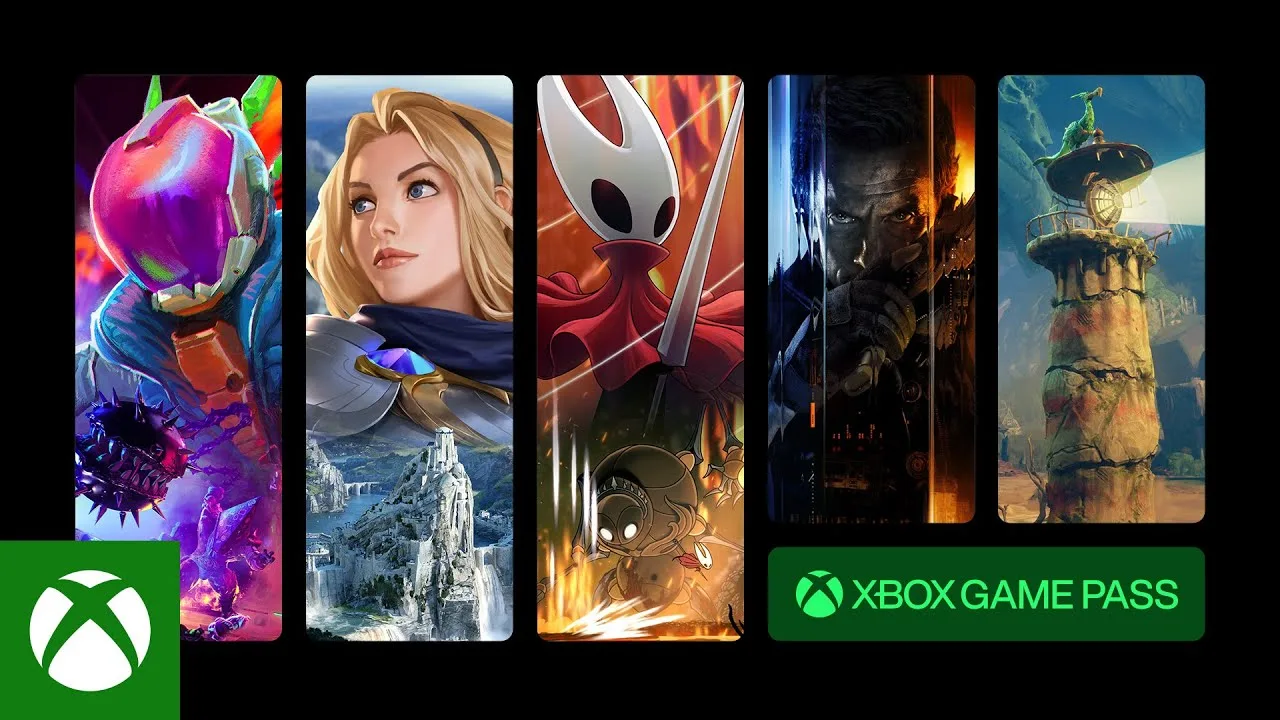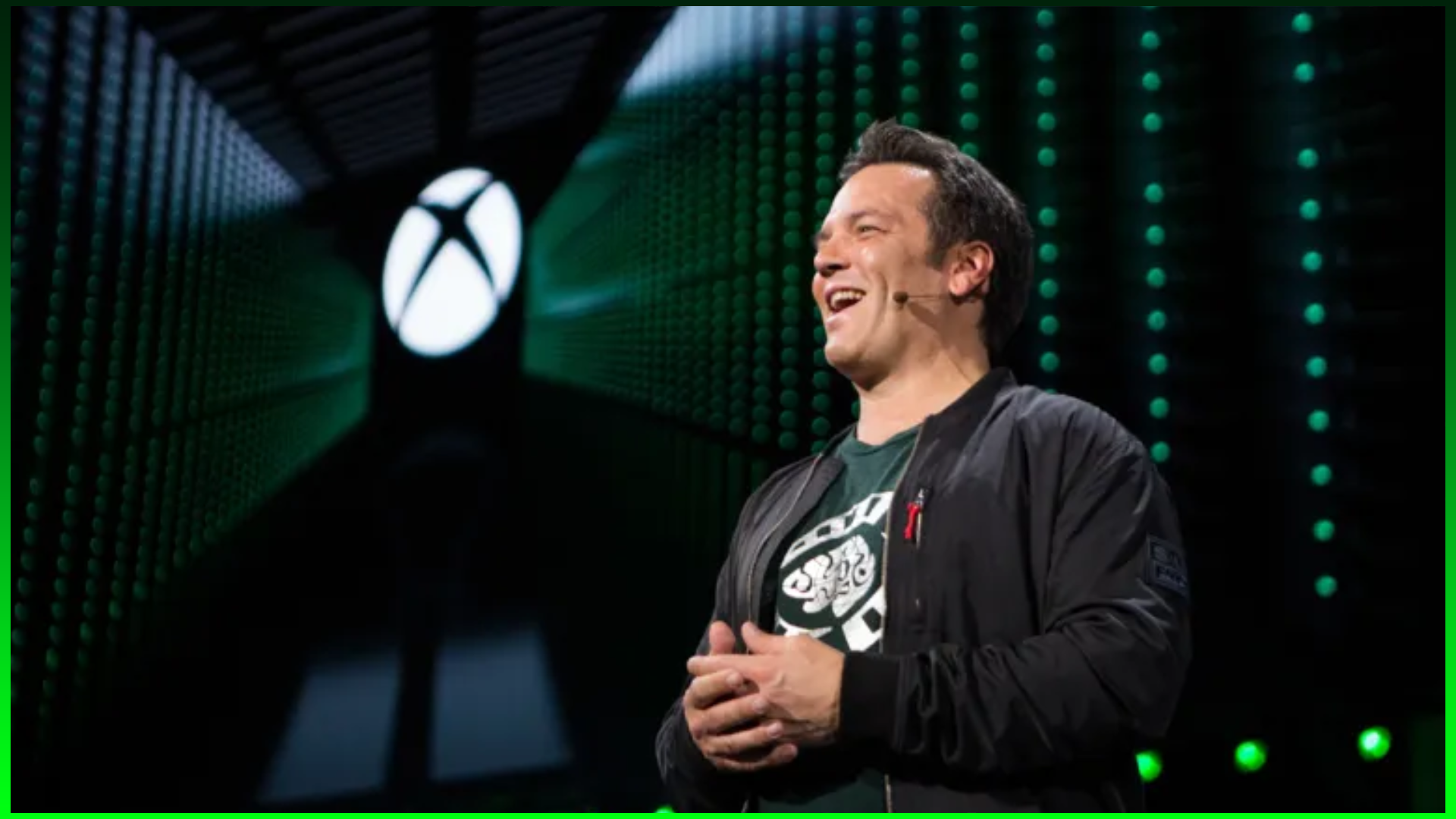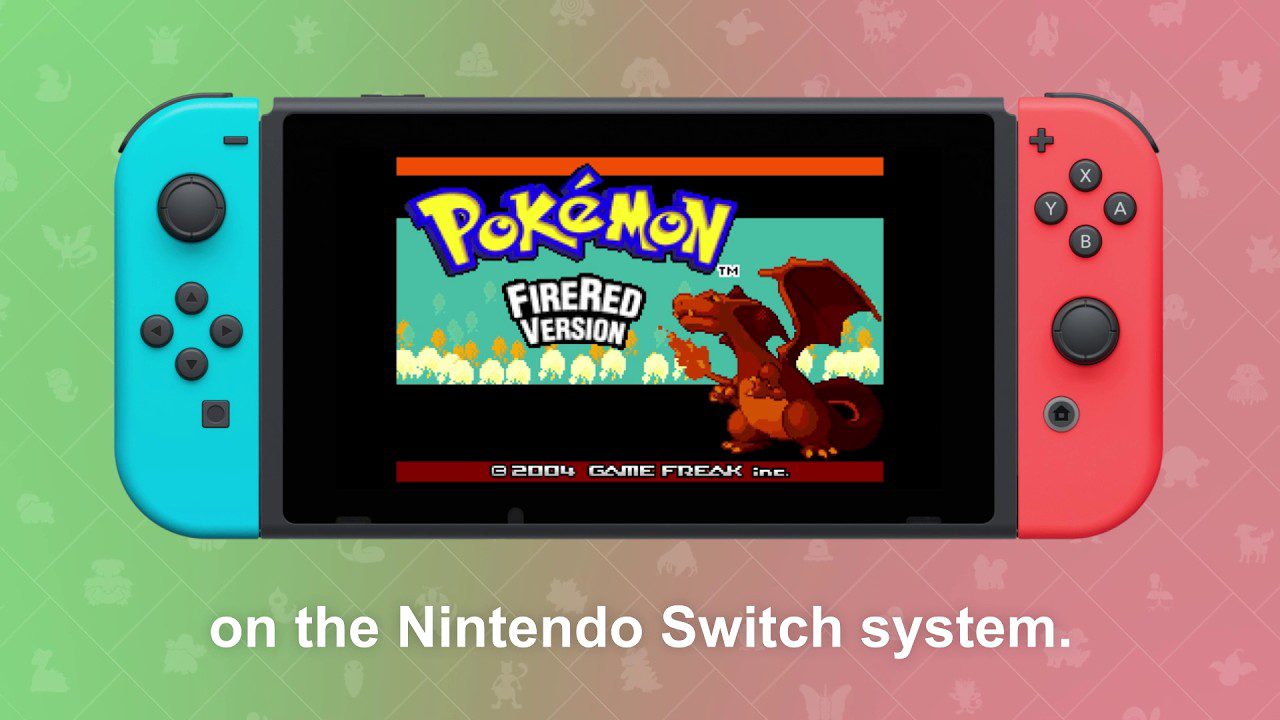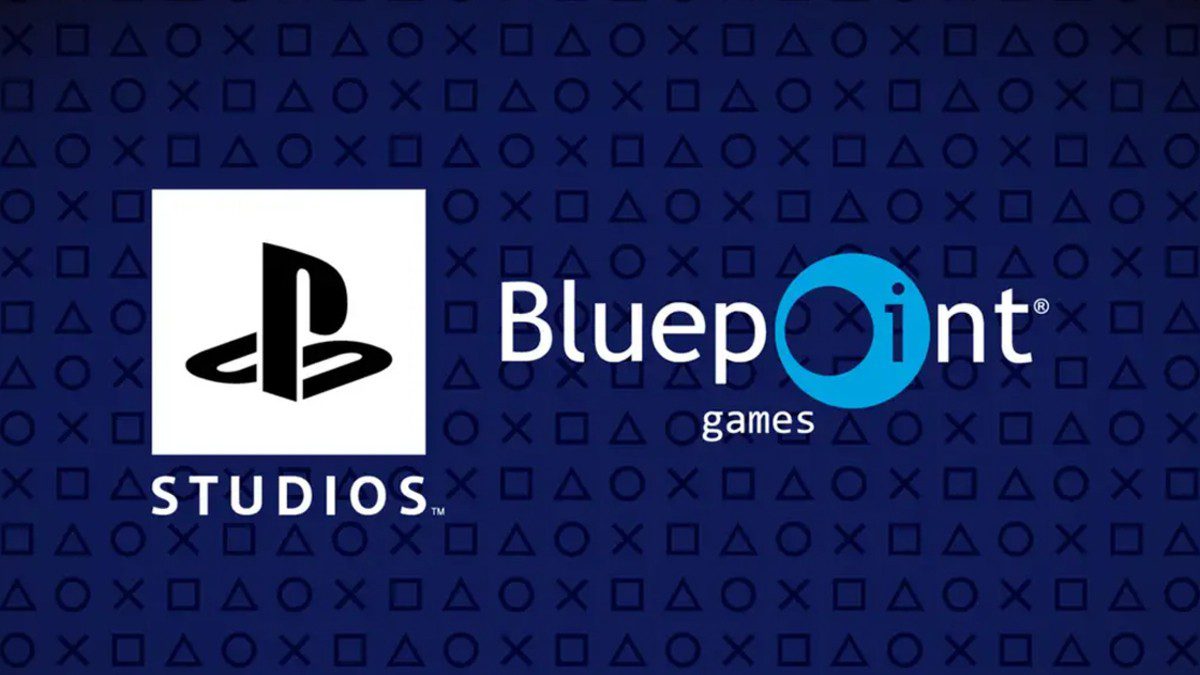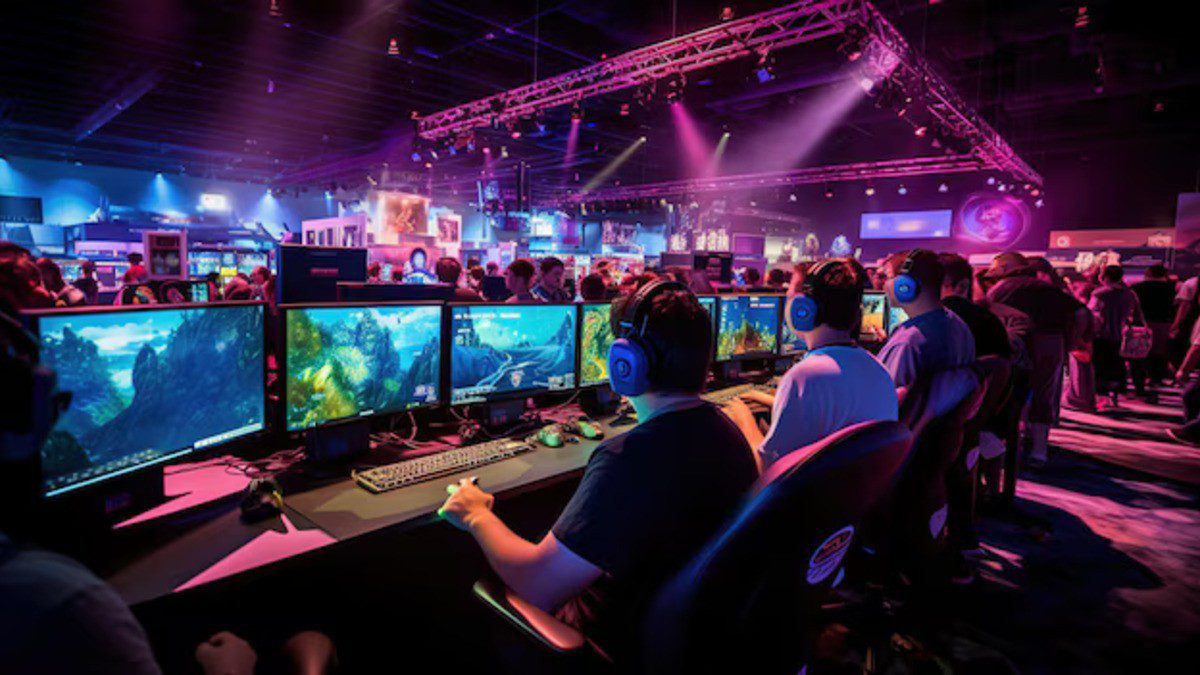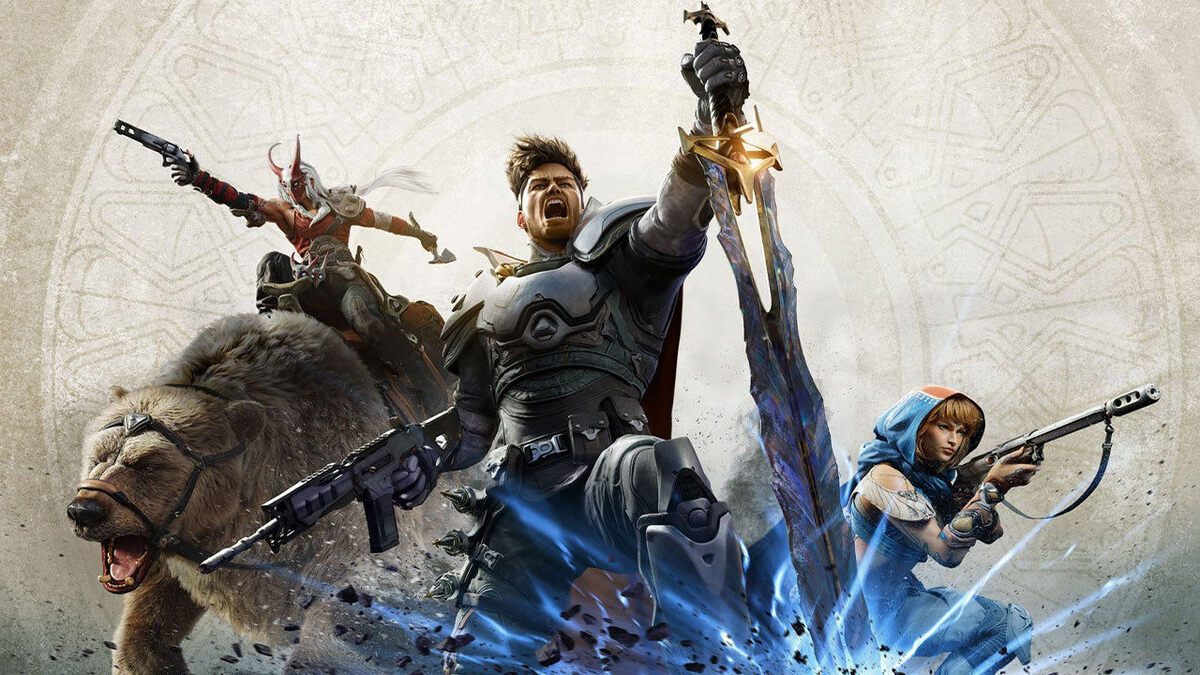NetEase has divested its stake in Fantastic Pixel Castle, leaving the studio behind Once Human scrambling to secure a new publishing partner to avoid closure. The move underscores the volatility of the games industry, where even promising projects can face existential threats when corporate backing shifts.
The gaming industry is no stranger to sudden pivots, but the recent news that NetEase has divested from Fantastic Pixel Castle (FPC) has sent ripples through both developer and player communities. FPC, best known for its ambitious survival title Once Human, now finds itself in a precarious position: without a publisher, the studio risks shutting down entirely.
What Happened?
- NetEase’s Exit: The Chinese tech giant, which has aggressively expanded its global gaming footprint in recent years, has decided to step away from FPC. While no official reason was given, the decision appears tied to shifting corporate priorities and portfolio realignment.
- Studio’s Response: Fantastic Pixel Castle has confirmed that it is actively seeking a new publisher. Without one, the studio may not have the resources to continue development or sustain operations.
Why It Matters
This development highlights several broader industry trends:
- Publisher Dependency: Independent studios often rely heavily on publishers for funding, marketing, and distribution. Losing that support can be catastrophic, regardless of a project’s potential.
- Market Volatility: Even as survival and sandbox genres remain popular, publishers are becoming more selective, prioritizing projects with guaranteed returns.
- Creative Risk: Once Human was pitched as a bold, genre-blending survival experience. Its fate now illustrates the risks of innovation in a market dominated by sequels and established IPs.
The Future of Once Human
The game itself had generated buzz for its post-apocalyptic setting, supernatural elements, and multiplayer survival mechanics. Early previews suggested a title with both creative ambition and commercial potential. However, without a publisher, the game’s release is uncertain.
If FPC secures new backing, Once Human could still thrive—potentially even benefiting from a partner more aligned with its creative vision. On the other hand, if no deal materializes, the project may join the growing list of promising titles lost to financial instability.
Lessons for the Industry
- Diversification is Key: Studios that rely on a single publisher or funding source remain vulnerable to sudden shifts.
- Community Engagement Matters: Developers who build strong, transparent relationships with their player base often find grassroots support during crises. Crowdfunding or early access models could be lifelines.
- Publisher-Developer Dynamics Are Changing: As major publishers consolidate, smaller studios may increasingly turn to alternative funding models, from venture capital to platform partnerships.
Fantastic Pixel Castle’s situation is a stark reminder of the fragile balance between creativity and corporate backing in modern game development. While NetEase’s divestment may appear as just another business decision, for the developers and fans of Once Human, it represents a fight for survival.
If the studio can secure a new partner, this chapter could become a story of resilience and rebirth. If not, it will stand as yet another cautionary tale in an industry where innovation often collides with financial reality.

